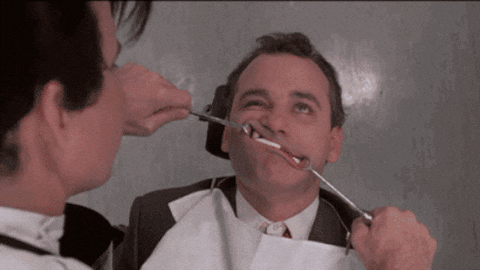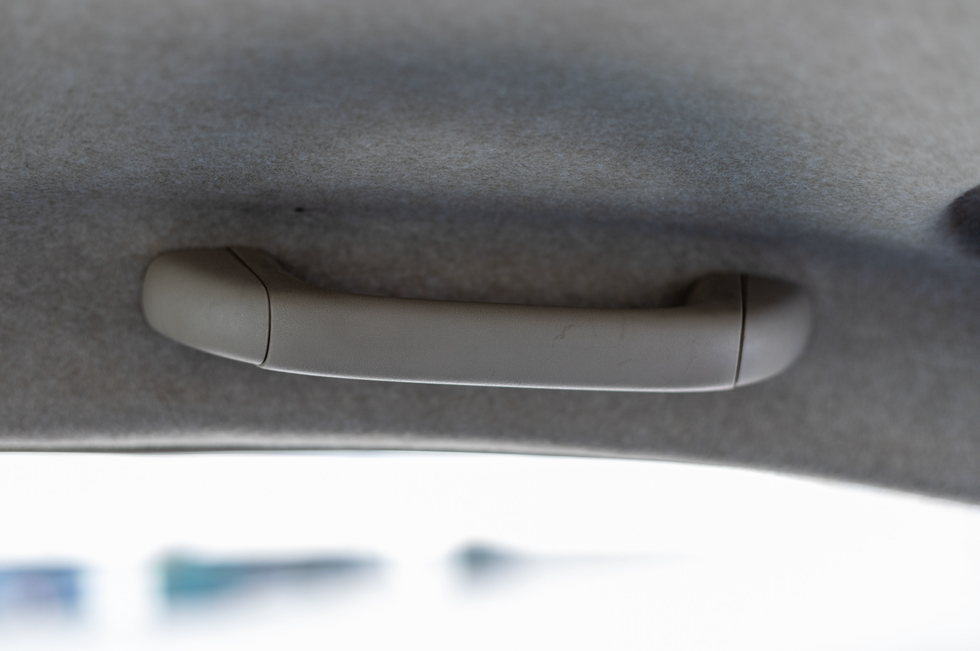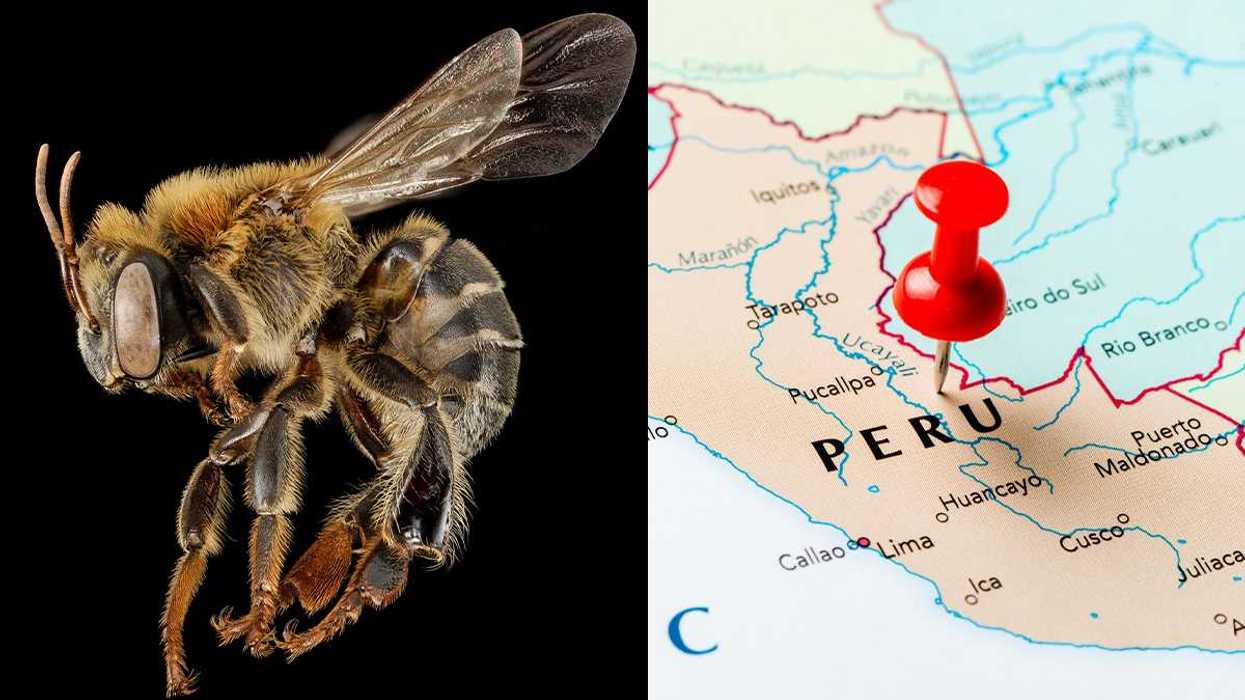Small Is Beautiful: The case for shrinking cities
The quality of a city is determined by what life is like for the people who live there-not by how many people live there.So why is my suggestion that my hometown of Flint should shrink-reducing the "built" environment-creating such a stir? Is our American obsession with growth and expansion so pervasive that a community would rather fail at being large than succeed and become a smaller place?Flint is the birthplace of General Motors. It was once the center of the automotive universe, with a population of 200,000 and more than 80,000 people working for that one company. Flint exported cars and imported cash-and we thought that it would never end. The company town's 1965 master plan, still the formal plan for the city, expected the population to grow to 250,000. But today, those GM jobs are nearly all gone; the population hovers at just over 100,000 and is falling.So, I have made a simple suggestion: that we redesign our city for the population that we actually have, not for the city we once were. Flint has lost 90,000 residents during the last 40 years, and those residents did not take their houses with them. Left behind is a city comprised of some vibrant neighborhoods, and some that are populated with empty houses, reminding the few residents still there that they live in a failed place.And there are people who live in neighborhoods that could go either way. It is mainly those residents that I want to help, so that rather than being surrounded by thousands of empty and abandoned houses, residents of Flint would have a choice: live in one of the dense and sustainable neighborhoods that our population can actually support, or live in a more rural part of the city, surrounded by a garden, or a meadow, or even a stand of trees.The "free market" failed Flint already.Critics of this idea span the political spectrum. From the right it's called social engineering, imposing the will of government onto the "free market." To some of my friends on the left, I am "anti-urban," giving up rather than fighting to repopulate my city.They're both wrong. The "free market" has failed Flint already, and the best way to make the city attractive again is to rid it of blight and abandonment. By making it attractive to the residents that already live here, maybe someday it will attract new residents as well.This plan would never force anyone to leave his or her home; rather, it would give residents choices where now they have one option only: to live surrounded by blight.I am not against growth. I'll be thrilled if Flint grows again. I just don't believe the only way Flint will become a better place is to somehow convince 90,000 people to move back to the city overnight. There has to be another way.
In 2002, I created a land bank, a public authority to take control of abandoned property. Since then, we have acquired 9,000 properties, comprising 14 percent of the land in Flint. We have demolished more than 1,000 dilapidated and unsalvageable houses, replaced that ugliness with neighborhood gardens, and expanded the "side lots" of hundreds of homeowners. And we have restored historic buildings that have long been forgotten. Shrinking the city does not mean surrender-we just rebuild where it makes sense to rebuild and return part of the city to nature.This system is self-financed. We re-engineered the tax-speculator system to create a system that redirects control of land and speculator profits to create public value from empty spaces.Flint can be a good city again, with vibrant, walkable neighborhoods interspersed with land that has been given back to nature, land that is beautiful. But to get there, we need a new map that does not rely on the false wish that everyone would come back. The current residents deserve better than that.Kildee is the treasurer of Genessee County, Michigan, the county which contains the city of Flint. His plan to remove abandoned houses in the city has come under fire from both sides of the political spectrum.Flint photo by flickr user (cc) karpov85

















 A collection of toilet paper rollsCanva
A collection of toilet paper rollsCanva A bidet next to a toiletCanva
A bidet next to a toiletCanva A cute pig looks at the cameraCanva
A cute pig looks at the cameraCanva A gif of Bill Murray at the dentist via
A gif of Bill Murray at the dentist via  A woman scrolls on her phoneCanva
A woman scrolls on her phoneCanva
 A confident woman gives a speech in front of a large crowdCanva
A confident woman gives a speech in front of a large crowdCanva
 The 'weird' car ceiling handle above the windowCanva
The 'weird' car ceiling handle above the windowCanva A gif of a dog and cat screaming in a car via
A gif of a dog and cat screaming in a car via 

 Creativity and innovation are both likely to become increasingly important for young people entering the workplace, especially as AI continues to grow.
Creativity and innovation are both likely to become increasingly important for young people entering the workplace, especially as AI continues to grow.

 Peru stingless bee.USGS Bee Inventory and Monitoring Lab/
Peru stingless bee.USGS Bee Inventory and Monitoring Lab/  Indigenous Peruvian people.Photo credit
Indigenous Peruvian people.Photo credit